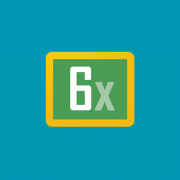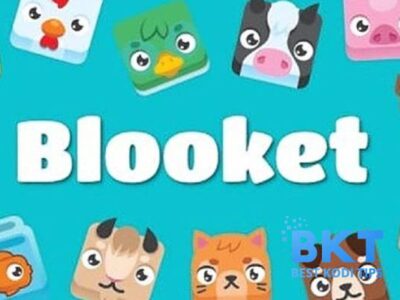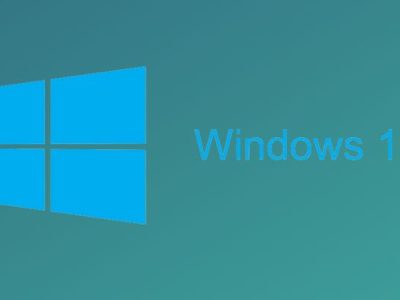The internet has revolutionized how we access information and resources, including how we learn. Over the years, the digital library has become an indispensable tool for students, researchers, and academics.
This article delves into digital libraries and how they have changed how we obtain and digest knowledge. So, let’s get started.
The Evolution of Digital Libraries
From the first online catalogues in the 1970s to contemporary online databases, digital libraries have come a long way. A digital library contains electronic resources that are accessible, searchable, and retrievable online.
Today’s digital libraries offer access to various materials, including books, journals, articles, videos, photographs, maps, and more.
The Impact of Technology on Libraries and Research
The digital age has radically changed how we research and access information. With digital libraries, users can access vast online study resources from anywhere with an internet connection. The impact of digital libraries on research is also profound. Researchers can search for relevant information faster and more efficiently, analyze data quickly, and collaborate with colleagues worldwide.
Furthermore, digital libraries have made it possible for researchers to access materials that were previously difficult or impossible to obtain. For example, the Digital Public Library of America provides access to millions of digital resources from libraries, archives, and museums across the United States, including rare books, manuscripts, photographs, and audiovisual materials.
Types of Online Study Resources
As technology advances, students and researchers have access to a wealth of digital resources that were not available in the past. Digital libraries are one such resource that has revolutionized how we access and use information. So, let’s explore digital libraries’ different online study resources.
E-books and E-journals
One of the most significant advantages of digital libraries is access to e-books and e-journals. These electronic versions of traditional books and journals offer students and researchers access to thousands of resources at the click of a button.
With e-books and e-journals, users can search for specific topics, retrieve relevant information, make notes, and highlight key points. In addition, digital libraries often provide access to the latest editions of textbooks, making it easier for students to stay up-to-date with the latest research and information.
Online Databases and Archives
Digital libraries also provide access to extensive data archives such as historical documents, research data, and other important information. Online databases benefit students and researchers in collecting and analyzing data for research projects.
Access to such databases is valuable, making research more efficient. In addition, digital libraries often provide access to specialized databases not available elsewhere, giving students and researchers an edge in their research.
Multimedia Resources: Videos, Podcasts, and Webinars
Digital libraries have many multimedia resources catering to different learning needs. These resources include videos, podcasts, and webinars offering interactive and engaging learning.
Students and researchers can access these resources to supplement their research or classwork. In addition, digital libraries often provide access to specialized multimedia resources not available elsewhere, giving students and researchers an edge in their learning.
Open Educational Resources (OERs)
Digital libraries also provide access to open educational resources, such as available textbooks, lectures, and other teaching materials. These free resources offer an excellent alternative to traditional books, making education more equitable and accessible.
OERs are especially useful for learners who need help purchasing expensive textbooks or accessing learning materials due to geographical constraints. In addition, digital libraries often provide access to specialized OERs unavailable elsewhere, giving students and researchers an edge in their learning.
Search Strategies and Techniques
Searching for resources within digital libraries can be overwhelming. It’s essential to use effective search strategies to retrieve the most relevant information. It includes using specific keywords, advanced search features, and citation indexes to track the sources of information.
Evaluating the Credibility of Online Sources
With abundant information available on the internet, it can take time to determine the reliability and credibility of sources. It’s essential to evaluate the sources before citing them. You can accomplish this by checking the author’s credentials, peer-reviewed content, and citations.
Organizing and Managing Digital Resources
Managing digital resources can be daunting, especially when dealing with large amounts of data. It’s important to systematically organize resources to ensure easy retrieval and avoid lost resources. A bookmarking tool, a reference manager, or a digital tool can help you do this.
The Role of Librarians in the Digital Age
Virtual Reference Services
Librarians play an essential role in digital libraries. They assist library users in navigating the digital landscape. One of the critical services provided by librarians is virtual reference services. This service allows users to access help from librarians online. It helps to bridge the gap between physical and virtual libraries and ensures that users get the most out of digital libraries.
Digital Literacy and Information Literacy Skills
Librarians also play a crucial role in teaching users digital and information literacy skills. These skills are essential for navigating the digital library landscape. Digital literacy refers to using digital tools and resources, while information literacy refers to identifying, locating, evaluating, and using information effectively.
Curating and Preserving Digital Collections
Librarians are also responsible for curating and preserving digital collections. They ensure that digital resources are organized, accessible, and preserved for future generations. Digital preservation is critical as digital materials risk getting lost forever if not properly curated.
Conclusion
The digital library is vital for learners, researchers, and scholars. Their rapid evolution has made access to resources faster, easier, and more efficient. However, having the necessary skills to navigate the digital library landscape effectively is essential.
Librarians, for instance, ensure users get the most out of online libraries. Digital libraries have opened up new and exciting opportunities for learning and research, and it’s up to individual learners to take advantage of the vast wealth of resources available at their fingertips.















Comments